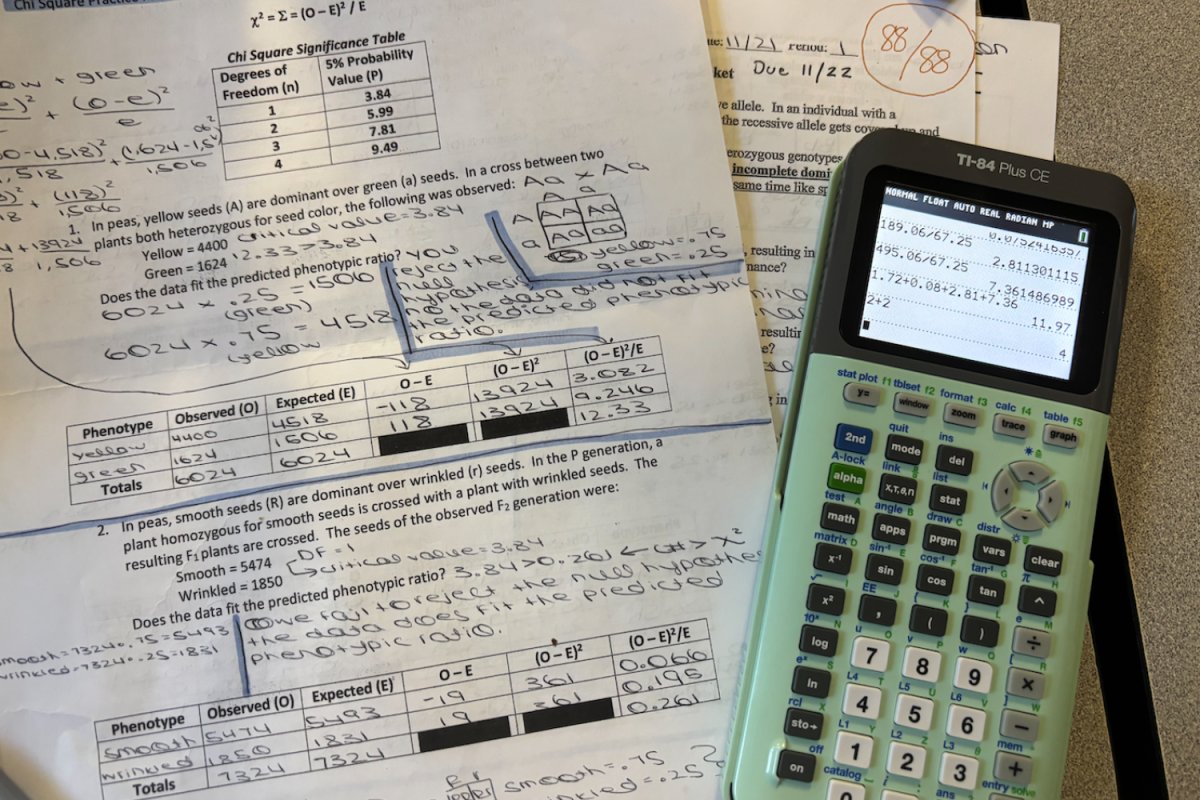The American College Testing Assessment (ACT) is held seven times each year: in February, April, June, July, September, October, and December.
The standardized test is graded on a scale of 1-36. Although a score of 1 is rare, it is still possible. A 36 on the ACT is considered a perfect score, meaning no questions were missed on the examination. Only 0.22% of all test-takers perform perfectly and receive a 36.
Achieving a perfect score is no easy feat, and it can be deemed impossible without preparation. Tools such as ACT prep books, tutoring, and flashcards are known to help students improve their scores, with an average increase of four to six points in the composite score.
These study methods can help refresh memories of curriculum learned in the past and, in some cases, teach new material that wasn’t previously learned in school. For example, websites like Khan Academy offer full-length lessons to teach students and review for tests like the ACT and the Scholastic Aptitude Test (SAT).
Although the ACT is administered throughout the country, the requirements for materials brought to the test remain the same regardless of location. Each test-taker must bring an acceptable photo ID, a paper printout of the admission ticket, sharpened No. 2 pencils, and one of the ACT-permitted calculators (graphing, four-function, and scientific calculators). Additionally, ACT recommends that testers bring a watch to time and pace themselves throughout the sections and a snack to eat outside the testing room during the given break.
The ACT’s “Six Steps to ACT Success” focuses on the overall aspects of a student’s life. Are they taking challenging classes? Making time to study? Pacing themselves? Trusting their knowledge?
Taking the proper means of preparation in every aspect of life allows the ACT graders to assess the tester at their best, not their worst. This allows universities to evaluate prospective students at their best as opposed to their worst.
According to the ACT, the most important preparation of all is trusting yourself and ensuring that aspects of life are calm enough to promote complete focus on the test.

